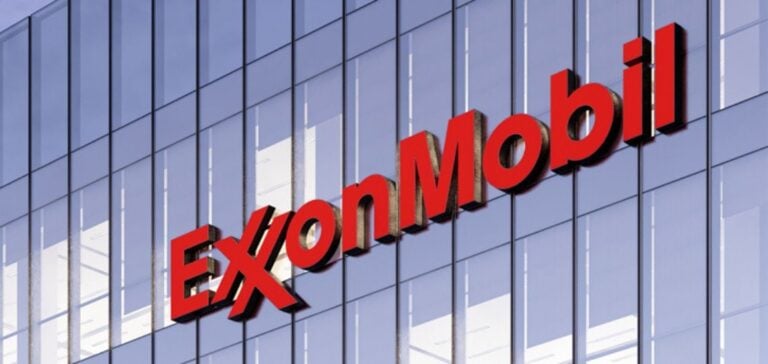ExxonMobil publishes projections for global oil demand to stabilize at over 100 million barrels per day (mb/d) until 2050.
These forecasts are based on an anticipated plateau as early as 2030, followed by unchanged demand over the following two decades.
Contrary to the forecasts of the International Energy Agency (IEA), which assumes a significant reduction in demand to around 55 mb/d in 2050, and BP, which projects 75 mb/d, ExxonMobil maintains a vision of continuity.
The company notes that demand for fuels for individual vehicles, as well as for real estate and power generation, is set to decline.
However, it believes that these declines will be offset by increases in the mass transit, freight and chemical industries, enabling current levels of oil consumption to be maintained.
Risk of energy shortage
ExxonMobil points to the risk of shortages if investment in oil exploration and production is not maintained.
Without such investment, global production could fall to 30 mb/d by 2030, creating a significant gap with estimated demand.
This imbalance could lead to higher prices and disruptions to global energy supplies.
This outlook, while conservative, contrasts with those of the IEA and BP, which incorporate more rapid energy transition scenarios.
ExxonMobil’ s continued high demand for oil is based on an assumption of continued growth in strategic sectors, despite increasing pressure for decarbonization and energy diversification.
ExxonMobil’s projections, while remaining realistic on some aspects of the energy market, raise questions about the adequacy of the investments needed to avoid major disruptions in the future.
This position calls for a debate on the evolution of energy markets in an uncertain energy transition context.






















